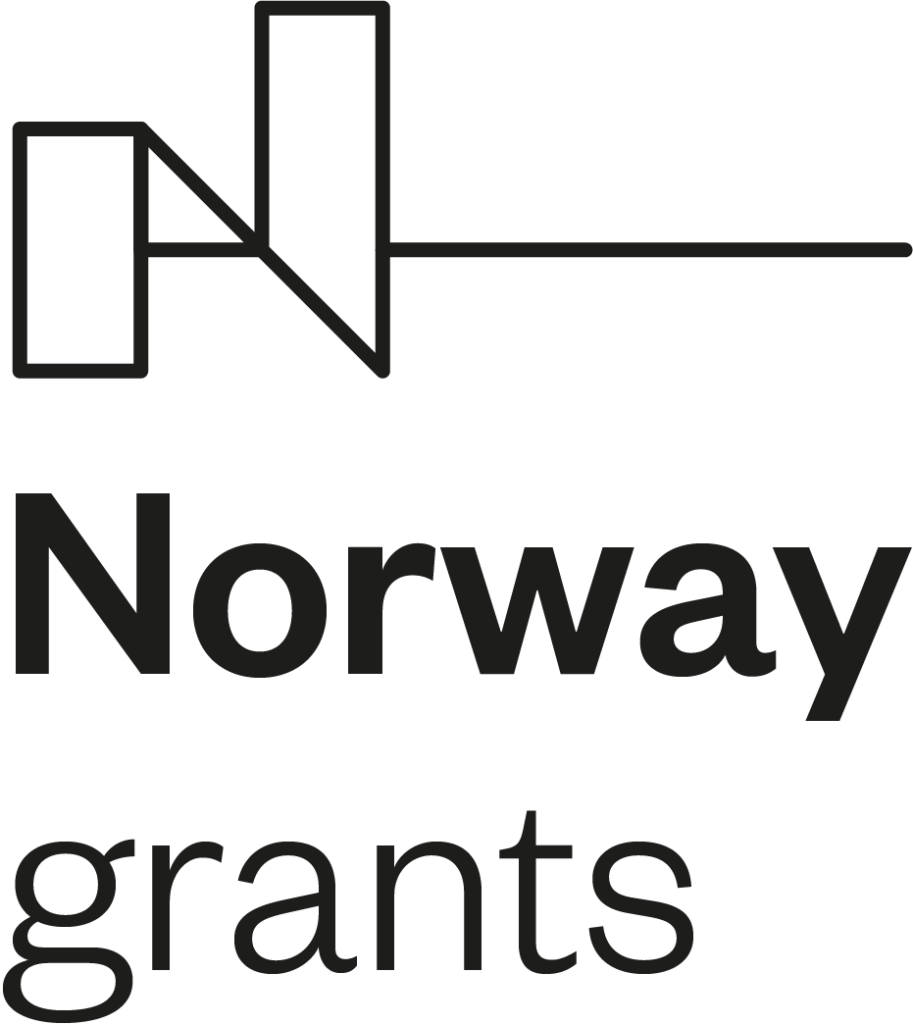PROJECT TITLE
Targeted and Improved Alzheimer’s Disease Drug Development
PROJECT CODE
TO01000078
GRANT
Norway Grants and TA CR
Funding: 35 212 148 CZK
About the project:
In this project, we focused on the development of novel potential drugs against Alzheimer´s disease (AD) in the way that we thoroughly characterized the drug properties by the laboratory experiments. By the gathering of such data, we were able evaluate healing properties as well as the side effects in laboratory animals. The properties were found promising for the treatment of the disease, the most promising were patented and are available for private sector to develop them further. As another practical output we have developed a simple method capable of identification a genetic risk factor for Alzheimer´s disease in wide population.
2021
In the year 2021, we have started to develop new potential drugs against Alzheimer´s disease. There are two different approaches. First, aiming to modify damaged brain signaling, second to enhance the removal of toxic proteins from the brain. These compounds will be studied and characterized in the following years. In order to test those compounds on a suitable model, we have started to develop a model derived directly from the patient. This model will be developed from the patient suffering by the familiar form of the AD. His blood cells will be transformed (differentiated) to the neuronal cells, which will then be used for further testing.
2022
In 2022, we continued to develop new potential Alzheimer’s disease (AD) drugs by thoroughly characterizing the properties of the drugs through laboratory experiments. By compiling this data, we were able to select the most promising compounds to be evaluated on animals in the coming year. We also examined the nature of the disease (mother+daughter) in two pairs of patients. The known type of AD seems to be very rare and we assume that they suffered from other types of dementia other than AD. This (and other aspects described above) somewhat contradicts our intention to develop a so-called disease-in-a-dish model of typical familial AD.
2023
In the year 2023, we continued in the development of novel potential drugs against Alzheimer´s disease (AD) in the way that we thoroughly characterized the drug properties by the laboratory experiments. By the gathering of such data, we were able evaluate healing properties as well as the side effects in laboratory animals. So far, the properties are found suitable for the treatment of the disease. We also inspected the nature of the disease at two pairs of patients (mother + daughter). It seems that familiar type of AD is very rare and we suppose that they suffered by other type of dementia than AD. This somewhat contradicts our intention to develop so-called disease-in-a-dish model of typical familiar Alzheimer´s disease, therefore we focused on the development of a simple method capable of identification a genetic risk factor for Alzheimer´s disease.
Beneficiary and project partners:
Fakultní nemocnice Hradec Králové
Bioinova, s.r.o.
Ústav experimentální medicíny AV ČR, v. v. i.
University of Oslo

The TARIMAD project benefits from a € 1.4 mil. grant from Norway Grants and Technology Agency of the Czech Republic. The project is carried out under the KAPPA funding programme for applied research, experimental development and innovation, managed by the Technology Agency of the Czech Republic.
